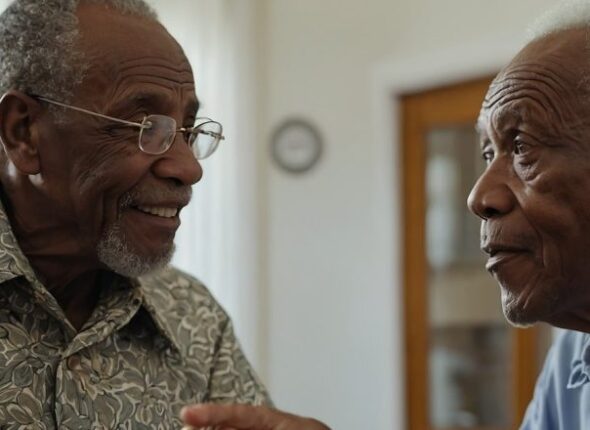INTRODUCTION:
Evolving Trade Union Dynamics and Future of Labor Relations training course is designed to provide union leaders, officials, and stakeholders with a deep understanding of the changing landscape of trade unions and the future direction of labor relations. In an era marked by technological advancements, globalization, and shifting workforce dynamics, it is crucial for trade unions to adapt, innovate, and envision the future of their roles in promoting workers’ rights and well-being. This course explores emerging trends, challenges, and strategies for trade unions to thrive in the evolving world of labor relations. It explores the challenges posed by globalization, including offshoring, outsourcing, and global supply chains, and examines strategies for building solidarity and protecting workers’ rights in a borderless economy. Additionally, the course addresses the changing nature of work, such as the rise of the gig economy and independent contracting, and its implications for traditional models of union representation.
By equipping participants with a forward-looking perspective, this course empowers union leaders to develop innovative approaches to organizing, collective bargaining, and member engagement. It fosters a culture of adaptability and resilience, enabling unions to thrive in the face of change and continue to advocate effectively for workers’ rights and well-being.
COURSE OBJECTIVES:
At the end of the course, participants will be able to;
• Explore strategies for representing and advocating for the rights of workers in
non-traditional employment models.
• Embrace technology for efficient union operations, communication, and member
engagement.
• Identify digital tools and platforms for organizing, mobilizing, and advocating.
• Recognize the importance of diversity and inclusion in union leadership.
• Understand the challenges and opportunities of collective bargaining in the context
of economic changes.
• Develop strategic approaches to negotiation in diverse economic environments.
• Examine the impact of globalization on labor relations.
COURSE OUTLINE:
Module 1:Emerging Trends in Labor Relations
• Global and Local Influences on Labor Relations
• Technological Advancements, Demographic Changes, and Economic Shifts
• The Changing Nature of Employment Relationships
• Case Studies of Innovative Labor Relations Practices
Module 2: Adapting to Shifting Workforce Dynamics
• Dynamics of Modern Workforce Structures
• Representing and Advocating for Workers in Non-traditional Employment
• Challenges and Opportunities in Representing Gig Workers and Remote Workers
• Incorporating Technology in Trade Union Operations
Module 3: Building Inclusive and Diverse Union Leadership
• Importance of Diversity and Inclusion in Union Leadership
• Strategies for Fostering Inclusive Union Leadership
• Ensuring Fair Representation Within Trade Unions
• Addressing the Needs of Diverse Groups in the Workforce
• Case Studies of Successful Diverse Leadership Models
Module 4: Strategic Collective Bargaining in a Changing Economy
• Challenges of Collective Bargaining in Evolving Economic Environments
• Adaptive Approaches to Negotiation and Bargaining
• Addressing Job Security, Compensation, and Benefits in Changing Economies
• Enhancing Worker Advocacy Through Legislative Initiatives
Module 5: Globalization and International Solidarity
• Impact of Globalization on Labor Relations
• The Role of Collaboration in Advancing Trade Union Interests
• Opportunities for International Collaboration and Solidarity
• Case Studies of Successful Global Union Initiatives
TARGET AUDIENCE:
• Trade Union Officials and Leaders
• Workers’ Representatives
• Labor Relations Professionals
• Human Resources Managers
VENUE: Mauritius
DURATION: 1 week
DATE: Open









